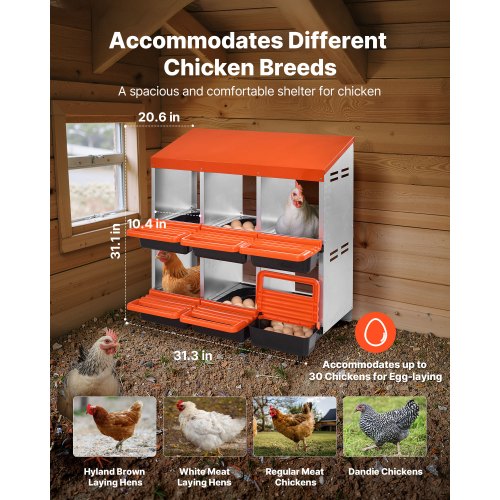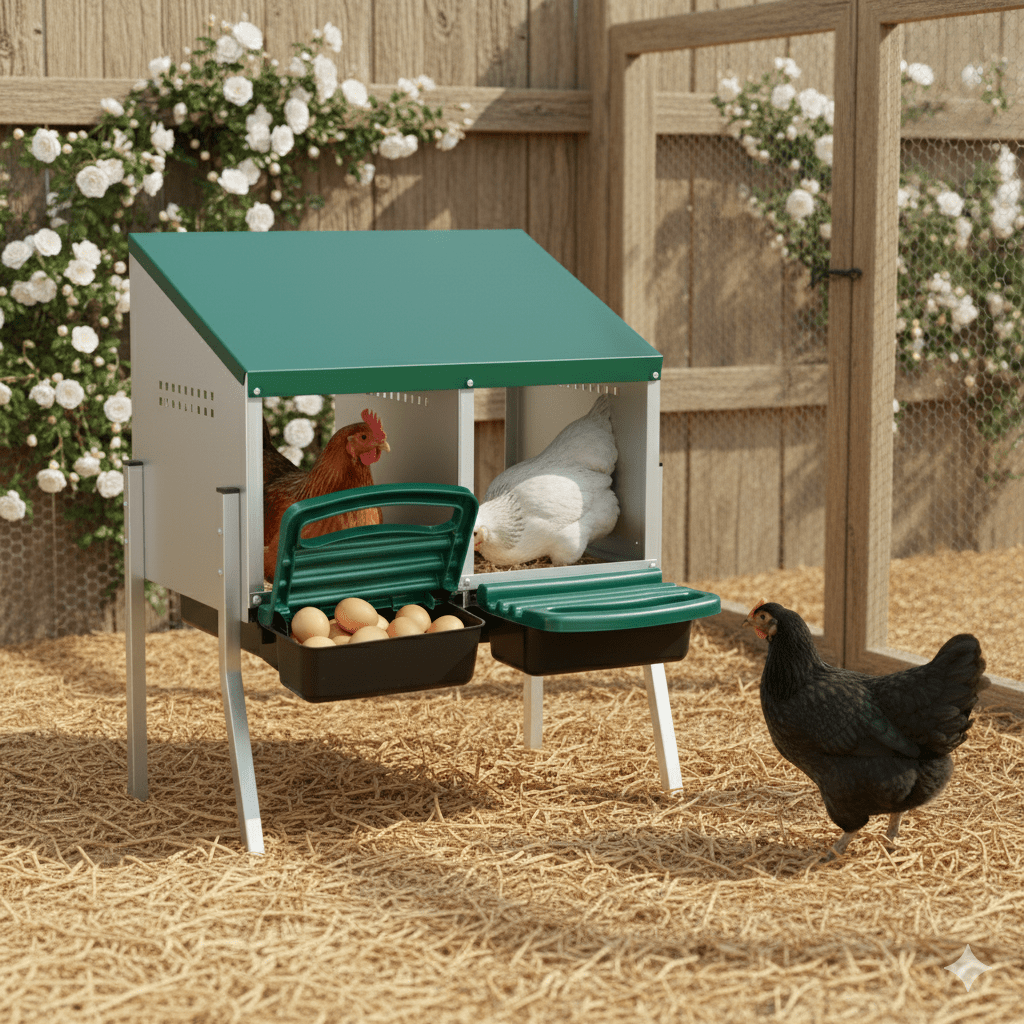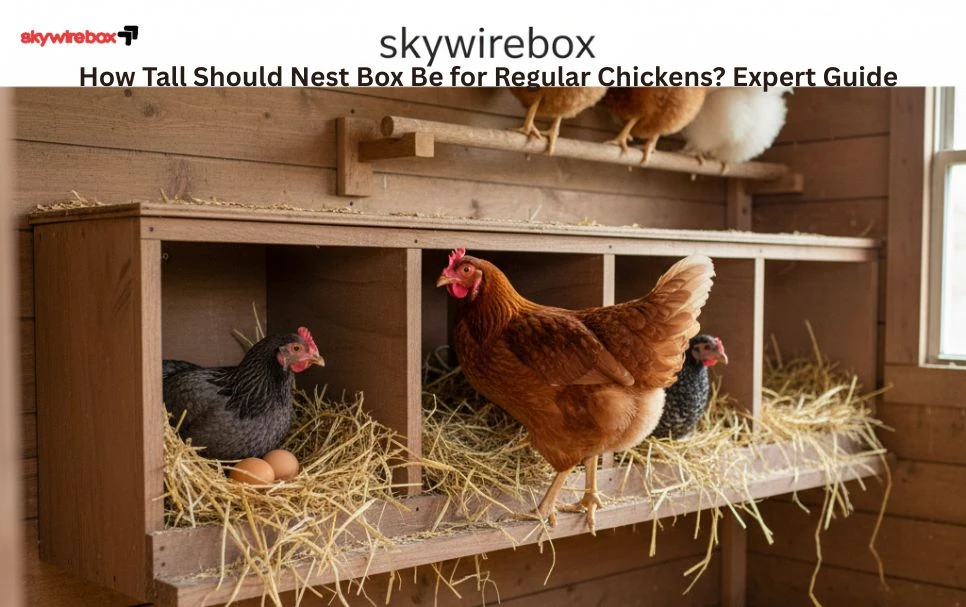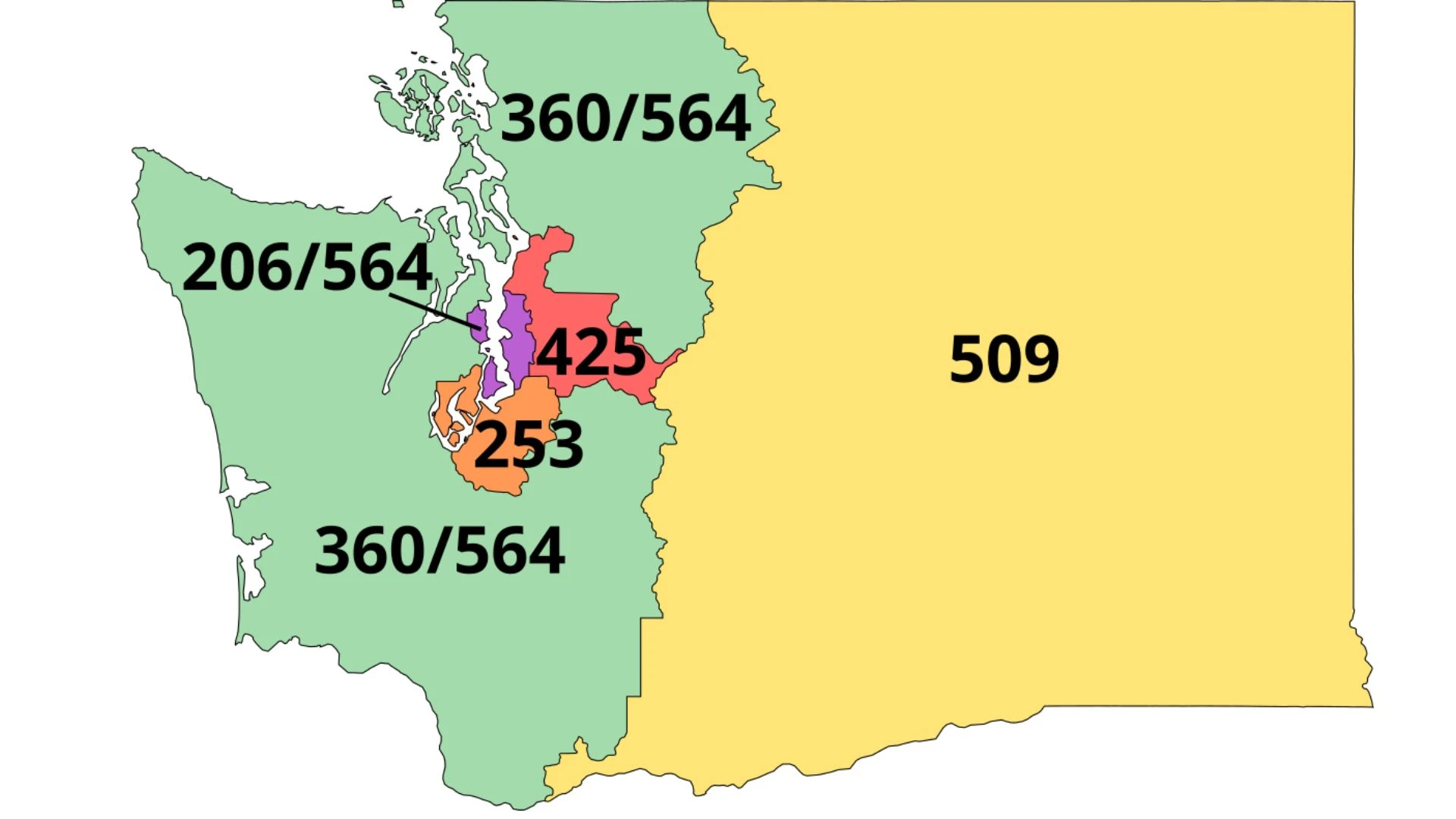Are you setting up a Nest Box Be for Regular Chickensand wondering how tall it should be? Getting the height right is more important than you might think.
The perfect nest box height keeps your hens comfortable and encourages them to lay eggs in the right spot. Too tall or too short, and your chickens might avoid the box altogether or even hurt themselves. You’ll discover the ideal height for a nest box that fits your regular chickens perfectly.
Keep reading to make sure your feathered friends feel right at home and your egg collection stays consistent and easy!
Ideal Nest Box Height
The ideal nest box height plays a key role in chicken comfort and egg laying. Nest boxes that are too tall or too low can make hens uncomfortable. The right height helps hens enter and exit easily. It also keeps eggs safe and clean. Understanding the proper height helps create a better home for your chickens.
Recommended Dimensions
Most regular chickens need a nest box about 12 to 15 inches high. This height allows hens to stand and turn around inside the box. The floor space should be about 12 by 12 inches. This size gives hens enough room to sit comfortably while laying eggs. A box that is too small will stress your chickens. A box that is too big can make eggs roll out or get dirty.
Height Variations By Chicken Breed
Different chicken breeds vary in size. Larger breeds like Brahmas and Jersey Giants need taller nest boxes. Their boxes should be closer to 15 inches high. Smaller breeds like Bantams are fine with boxes as low as 10 inches. Adjusting the nest box height helps all hens feel safe. It also reduces the risk of injury during egg laying.

Factors Influencing Nest Box Height
Choosing the right height for a nest box is important for chickens’ comfort and safety. Several factors affect how tall the nest box should be. Understanding these helps create a cozy and practical nesting space.
Chicken Size And Behavior
Different chicken breeds vary in size. Larger chickens need taller nest boxes. Small breeds require less height to feel secure. Chickens like to enter the box easily. A proper height prevents injury and stress during nesting.
Roosting Preferences
Chickens prefer roosting above the ground. Nest boxes should not be too high or too low. If too high, chickens may hesitate to enter. Too low may expose eggs to dirt or predators. The right height balances safety and comfort.
Space Requirements
Chickens need enough space inside the nest box. Height affects the total volume available. A cramped box can cause discomfort and broken eggs. Ample height allows chickens to move and turn freely. Proper space encourages regular egg laying.
Design Tips For Nest Boxes
Designing nest boxes for regular chickens needs smart planning. The right design keeps hens comfortable and encourages them to lay eggs there. Simple features can make a big difference. Focus on material, ventilation, lighting, and cleaning. These factors help keep the nest box safe and clean.
Material Choices
Wood is a popular material for nest boxes. It is natural and provides good insulation. Avoid metals that get too hot or cold. Use untreated wood to keep chemicals away from hens. Smooth surfaces prevent splinters and injuries. Also, wood is easy to work with for custom sizes.
Ventilation And Lighting
Good airflow stops moisture and bad smells inside the box. Small holes or gaps near the top help air move. Avoid drafts that blow directly on hens. Natural light makes hens feel safe and calm. A small window or opening near the box works well. Light also helps hens find the nest easily.
Ease Of Cleaning
Cleaning nest boxes often keeps hens healthy. Design the box with a removable roof or side panel. This allows quick access for cleaning and egg collection. Smooth surfaces inside help remove dirt and droppings easily. Using a raised floor stops moisture buildup. Clean boxes reduce pests and disease risks.

Common Mistakes To Avoid
Setting up the right nest box height is not always easy. Many chicken owners make simple mistakes. These errors can cause stress for chickens and reduce egg laying. Avoiding common mistakes helps keep hens happy and healthy.
Understanding these mistakes also saves time and effort in the long run. Let’s explore the most frequent errors to avoid when placing nest boxes.
Too High Or Too Low Placement
Placing nest boxes too high makes it hard for chickens to reach. It can cause injuries or discourage hens from using them. Boxes set too low may get dirty from bedding or droppings. The ideal height is about 18 to 24 inches off the ground.
This height suits most Nest Box Be for Regular Chickens. It is easy for them to enter and exit without trouble. Keep boxes stable and secure at this level to avoid accidents.
Insufficient Space Inside
Small nest boxes make hens feel cramped. Chickens need enough room to turn around comfortably. A box size of 12 by 12 inches is a good start. Smaller spaces cause stress and discourage egg laying.
Also, too tight spaces increase the chance of eggs breaking. Provide enough depth and width so hens can settle easily.
Ignoring Chicken Comfort
Comfort is key to encourage hens to use nest boxes. Soft bedding like straw or wood shavings helps. Avoid hard or slippery surfaces inside the box. Poor comfort reduces hen use and egg quality.
Ensure good ventilation but avoid drafts. Dark, quiet spots make hens feel safe. Pay attention to cleanliness to keep chickens healthy.
Adjusting Nest Boxes Over Time
Adjusting nest boxes over time helps keep chickens comfortable and encourages them to lay eggs regularly. Chickens grow and change their habits. Nest boxes need to fit these changes to stay useful. Regular checks and small fixes keep nest boxes inviting and safe.
Monitoring Chicken Behavior
Watch how chickens use the nest boxes. Notice if they avoid them or seem uncomfortable. Look for signs like scratching outside the box or laying eggs elsewhere. These signs show the box might need changes. Observe their size and movement to adjust height and space.
Seasonal Considerations
Seasons affect chicken comfort. Cold weather may require adding insulation or raising the box higher. Warm weather needs good ventilation and shade. Changing seasons can cause chickens to use boxes differently. Adjust boxes to keep them cozy all year round.
Modifications For Growth
Chickens grow quickly. Young birds need smaller, low boxes. As they grow, raise the box height and widen it. This prevents injury and stress. Change bedding and clean often to keep boxes fresh. Adapt boxes to fit the size and needs of your flock.
Frequently Asked Questions
How Tall Should A Nest Box Be For Regular Chickens?
A nest box should be about 12 to 15 inches tall for regular chickens. This height offers enough space for hens to comfortably enter, turn around, and lay eggs without feeling cramped or exposed.
What Is The Ideal Nest Box Height For Laying Hens?
The ideal height ranges between 12 and 15 inches. This allows hens to easily access the box and ensures they feel secure during egg-laying, encouraging regular use of the nest box.
Why Does Nest Box Height Matter For Chickens?
Proper height ensures hens can enter and exit without difficulty. It also helps maintain cleanliness and prevents eggs from rolling out, reducing breakage and improving egg collection efficiency.
Can Nest Box Height Affect Egg Production?
Yes, a comfortable height encourages hens to use the box consistently. If the box is too low or too high, hens might avoid it, negatively impacting egg production and collection.
Conclusion
Choosing the right Nest Box Be for Regular Chickens height helps your chickens stay comfortable. A box about 12 to 18 inches tall usually works well. This size lets hens enter and lay eggs easily. Too tall or too short can cause problems and stress.
Remember, happy hens lay more eggs and stay healthy. Keep their space cozy and safe. Simple changes make a big difference in your chicken care. Trust your observations and adjust as needed. Good nest boxes support strong, active chickens every day. Our all updete get to visit our website: skywirebox








